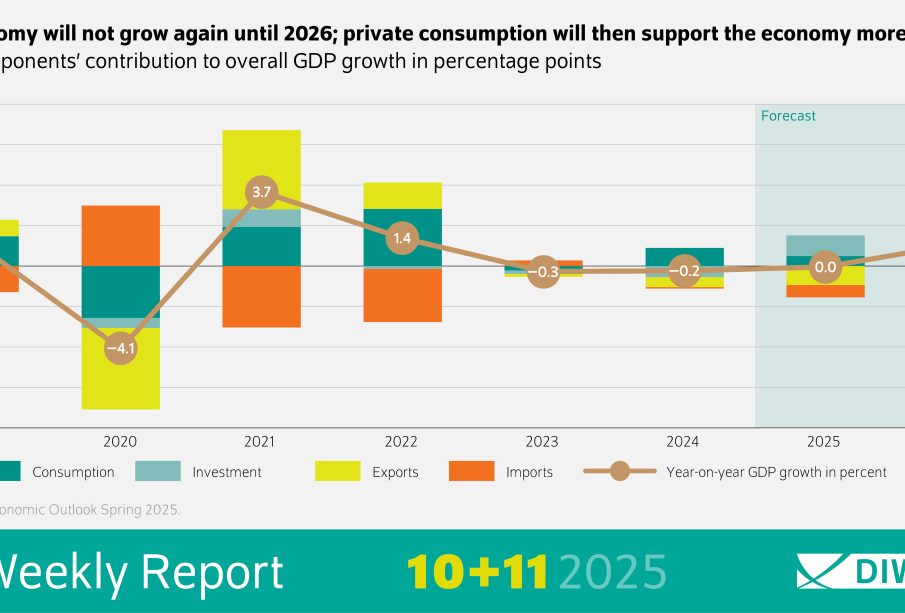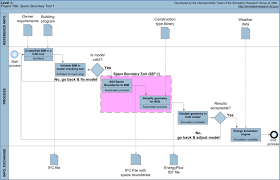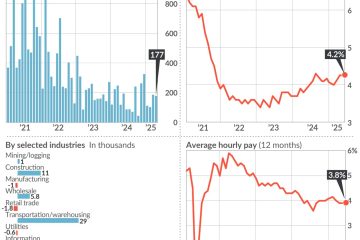Predictions and Trends for the Economy in 2025

Introduction
The landscape of the global economy is evolving rapidly, influenced by technological advancements, demographic shifts, and environmental challenges. As we inch closer to 2025, understanding the expected trends becomes vital for policymakers, businesses, and individuals alike. The importance of this topic lies in its implications on investment strategies, workforce development, and overall quality of life.
Current Economic Landscape
As of late 2023, the world is experiencing a moderate recovery from the economic disruptions caused by the COVID-19 pandemic. Countries are focusing on sustainable economic growth while grappling with inflationary pressures, supply chain challenges, and shifts in consumer behavior. The International Monetary Fund (IMF) projects a modest growth rate of 3.2% for the global economy in 2024, setting the stage for the conditions leading into 2025.
Key Trends Shaping the Economy in 2025
Several critical trends are expected to shape the economy as we approach 2025:
- Digital Transformation: The accelerated shift towards digital platforms is anticipated to continue, affecting sectors from retail to healthcare. Companies adopting advanced technologies like AI and blockchain are likely to gain a competitive edge.
- Green Economy: The push for sustainability will lead to increased investments in renewable energy and green technologies. The global focus on achieving net-zero emissions by mid-century will drive economic policies and innovation.
- Workforce Changes: With the rise of remote work and automation, the labor market is transforming. Skills in digital literacy, critical thinking, and adaptability will become indispensable for future employment.
- Geopolitical Influences: Ongoing trade tensions and geopolitical conflicts may lead to a reconfiguration of global trade routes, impacting commodity prices and economic stability.
Conclusion: Looking Ahead to 2025
The economy in 2025 will likely be characterized by a blend of opportunities and challenges. For businesses, adapting to technological advancements and sustainability efforts will be crucial. Policymakers must ensure that economic strategies are inclusive, addressing issues such as inequality and job displacement. For consumers, staying informed about these trends can help navigate the changing market landscape. Overall, the forecast for 2025 presents a pivotal moment for global economies to innovate and collaborate in addressing both emerging trends and persistent challenges.









